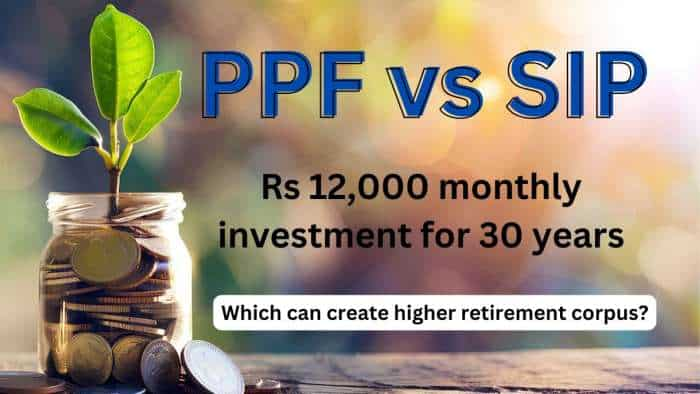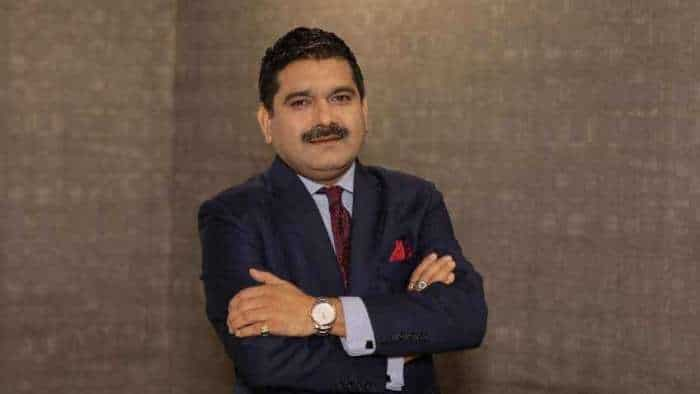India defends its decision to ban rice, wheat exports at WTO
At a meeting last week in Geneva, Senegal, the US and the European Union raised questions over this decision, stating it could have adverse implications on global markets.

India has defended its decision to ban export of wheat and rice at a WTO meeting even as some member countries have flagged concerns over the country's stand, an official said.
At a meeting last week in Geneva, Senegal, the US and the European Union raised questions over this decision, stating it could have adverse implications on global markets.
In May, India restricted export of wheat to enhance domestic availability. This month, it also banned export of broken rice and imposed a 20 per cent export duty on non-Basmati rice except for parboiled rice to boost domestic supplies amid a fall in area under paddy crop in the current kharif season.
Defending its decision, India clarified that the ban on export of broken rice, which is used in poultry feed, follows a rise in the grain's exports in recent months which put pressure on the domestic market.
In the case of wheat, food security concerns necessitated export curbs.
?India has also stated that the measures are temporary in nature and under continuous monitoring,? the official said.
Senegal, a major importer of India's broken rice and other rice products, urged India to keep trade open in these difficult times to ensure food sufficiency, the official added.
At the meeting, Thailand, Australia, Uruguay, the US, Australia, Canada, Brazil, New Zealand, Paraguay, and Japan requested for consultations with India regarding the use of the peace clause to protect its food programmes against action from trade disputes.
In April, India invoked the peace clause, for the third time, for exceeding the 10 per cent ceiling on support it offers to rice farmers. It informed the World Trade Organization that it has used the peace clause of the WTO to provide excess support measures to rice farmers for marketing year 2020-21 in order to meet the domestic food security needs of its poor population.
Under the peace clause, WTO member countries refrain from challenging any breach in the prescribed subsidy ceiling given by a developing nation at the dispute settlement forum of WTO.
Subsidies over and above the prescribed ceiling are seen as trade distortion. The limit is fixed at 10 per cent of the value of food production for developing countries like India.
India has strongly pitched for finding a permanent solution to the issue but there has been no progress so far.
The 164-member Geneva-based multilateral body WTO deals with global exports and import-related norms. Besides, it adjudicates trade disputes between the member countries.
Get Latest Business News, Stock Market Updates and Videos; Check your tax outgo through Income Tax Calculator and save money through our Personal Finance coverage. Check Business Breaking News Live on Zee Business Twitter and Facebook. Subscribe on YouTube.
RECOMMENDED STORIES

PPF vs SIP: Rs 12,000 monthly investment for 30 years; see which can create higher retirement corpus

Power of Rs 15,000 SIP: How long it will take to achieve Rs 7 crore corpus? See calculations to know
02:30 PM IST











 India against China-led investment facilitation proposal at WTO: Official
India against China-led investment facilitation proposal at WTO: Official  India, Chinese Taipei ask WTO body to delay ruling on ICT import duties dispute till July 26
India, Chinese Taipei ask WTO body to delay ruling on ICT import duties dispute till July 26 India records 17% jump to become 4th largest exporter of digital services: WTO report
India records 17% jump to become 4th largest exporter of digital services: WTO report Tax-free status of movie, music and games traded online is on table as WTO nations meet in Abu Dhabi
Tax-free status of movie, music and games traded online is on table as WTO nations meet in Abu Dhabi World Trade Organization's push for reform plagued by obstacles
World Trade Organization's push for reform plagued by obstacles